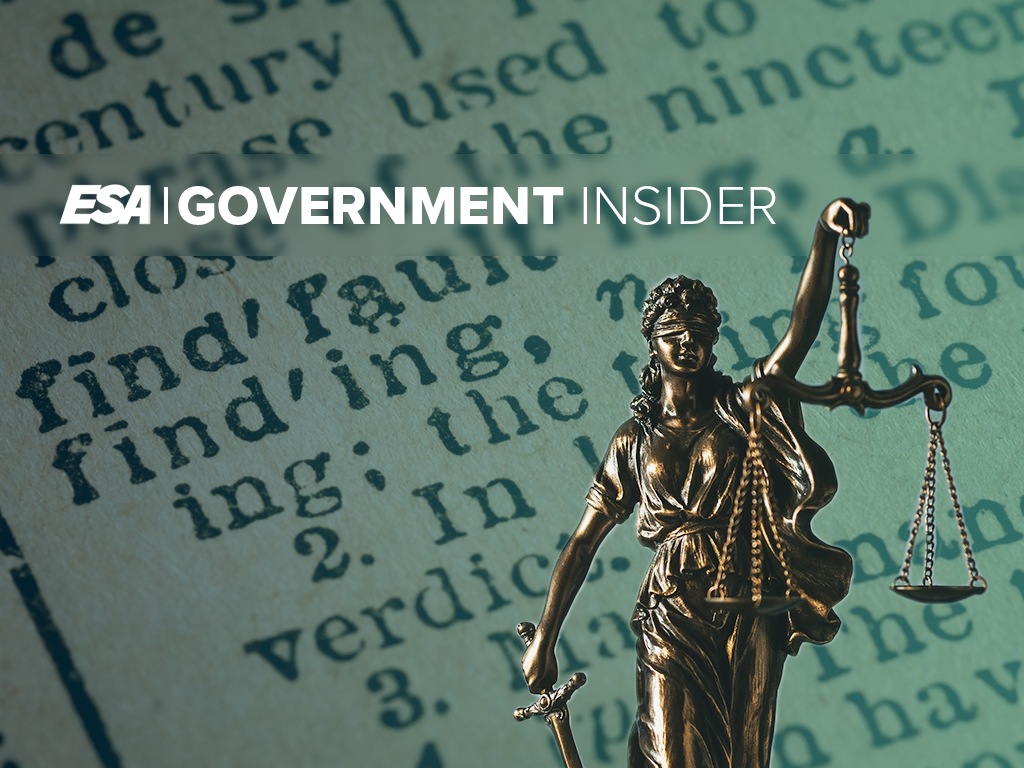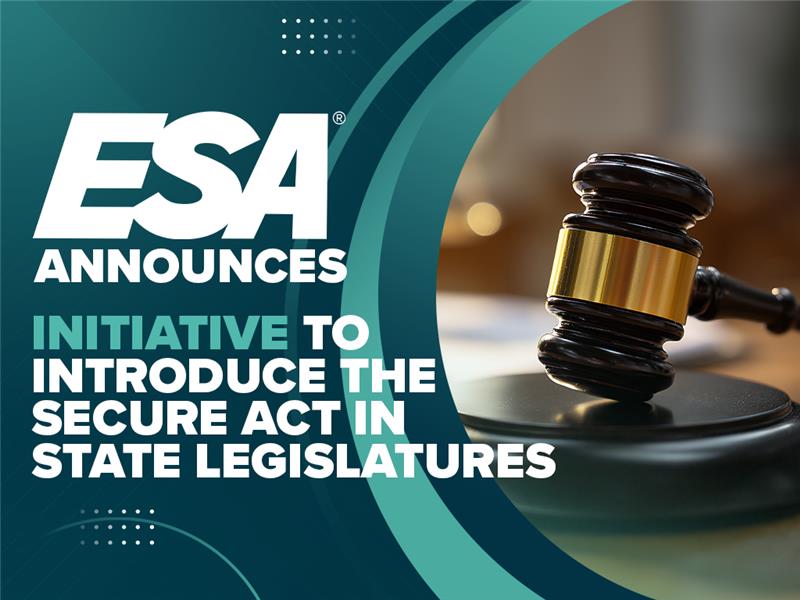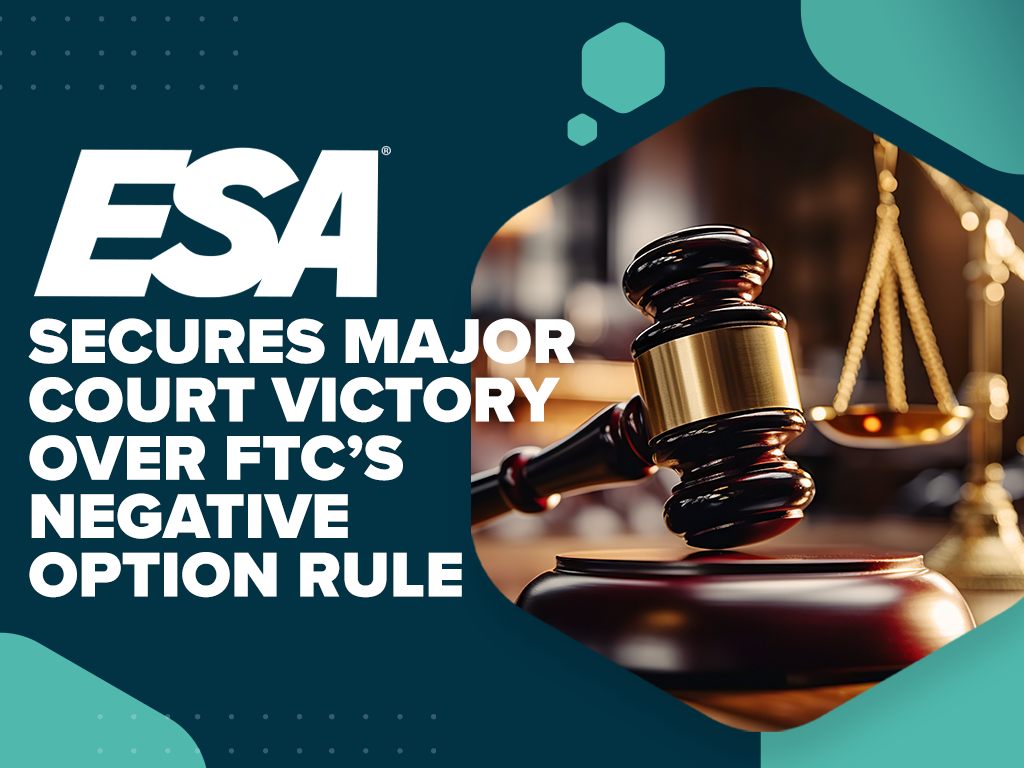New Law Adds Flexibility to Paycheck Protection Loans

President Trump signed H.R. 7010, the “Paycheck Protection Program Flexibility Act of 2020,” on June 5th and it is expected this bill will provide further relief for businesses that qualify for the PPP loans. Among several provisions in this bill, business will have more time and flexibility to make qualifying expenditures for loan forgiveness and allow businesses to defer payroll taxes.
The Paycheck Protection Program (PPP) was originally enacted in March and offered low-interest loans through the Small Business Administration (SBA) to help keep workers on payroll as businesses suffered through mandatory shut-down orders. The original funding for the program was set at $349 billion under the CARES Act. An additional $310 billion was added after the original funds were quickly depleted. Under the original legislation, up to 100% of loan proceeds used for eligible payroll and other expenses could be forgiven if at least 75% was used for payroll costs. The amounts not forgiven had to be repaid within two years, but borrowers could defer loan payments for six (6) months. The loans also limited coverage to two months of payroll costs and related expenses.
The Payroll Protection Program Flexibility Act will offer some significant benefits and extensions for borrowers that include:
- Lowering the amount of proceeds that must be spent on payroll from 75% to 60% for loan to be forgiven;
- Extending the PPP loan forgiveness period for costs incurred over 24 weeks, up from the eight (8) weeks provided for in the CARES Act;
- Extending the deadline for businesses to restore reduced staffing levels from June 30 to December 31, 2020;
- Allowing borrowers to defer principal and interest payments on PPP loans until the SBA compensates lenders for any forgiven amounts, instead of the current six-month deferral; and,
- Establishing a minimum loan maturity period of five (5) years, up from the current two (2) year deadline set by the SBA.
Some concerns expressed by Senators before passage were addressed and warrant review. Senators Ron Johnson (R-WI) and Mike Lee (R-UT) expressed concern that extending the deadline for business to restore reduced staffing from June 30 to December 31, would be interpreted as extending the deadline for applying for a loan. Senate Majority Leader Mitch McConnell (R-KY) submitted a letter of intent from sponsoring Senators that the expanded lending authorization is still slated to expire on June 30.
Overall, this bill will make the PPP loan program a more viable funding mechanism to help businesses survive a pandemic that has had a more lasting impact on the economy than anyone could have imagined.




